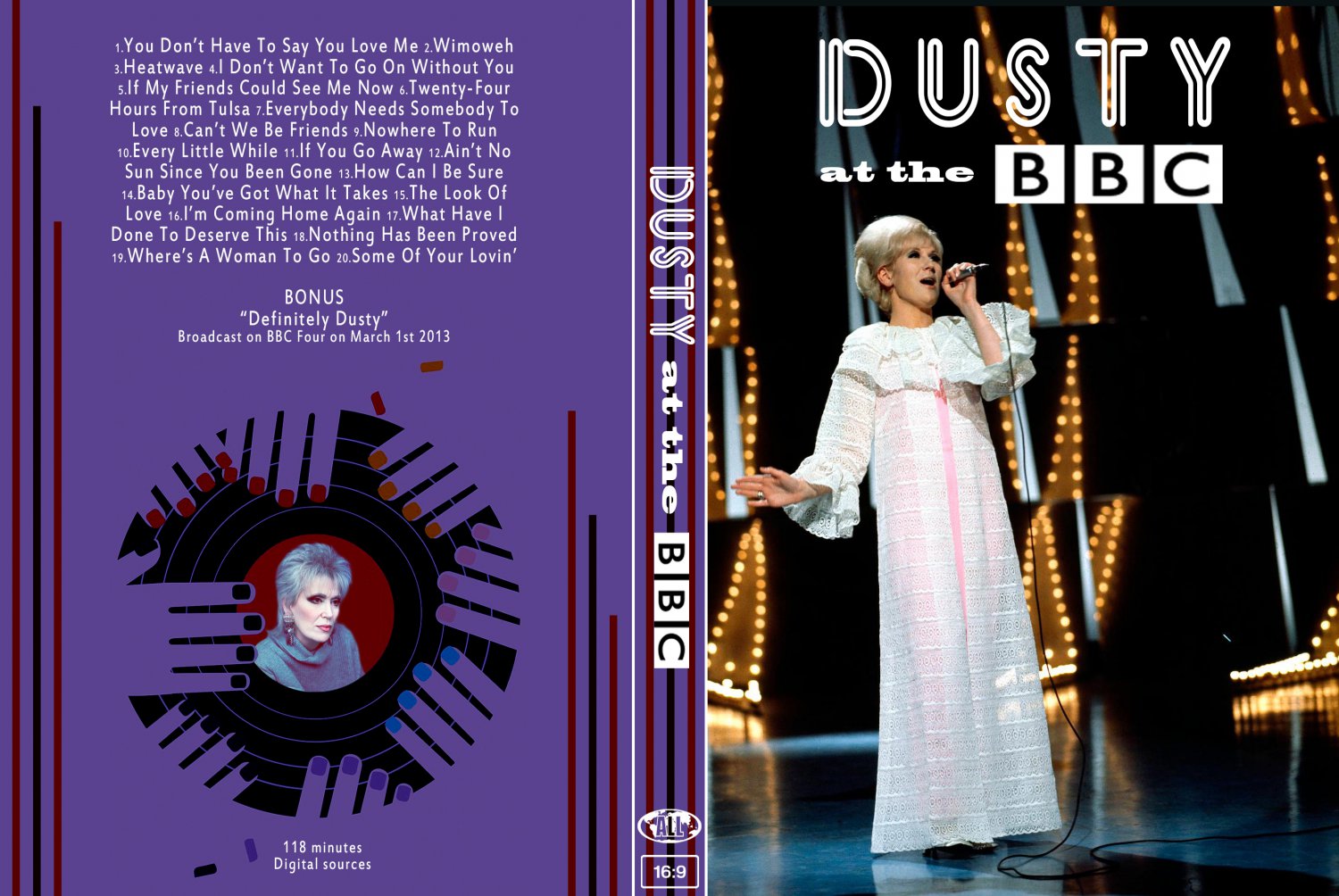

Pretoria High Court judge Hekkie Daniels dismissed Disney’s urgent application to cancel a court order that 240 of its trademarks in South Africa, including Mickey Mouse and Donald Duck, be sold to collect damage money. 7, Disney lost a bid in the Pretoria High Court to set aside the lawsuit, paving the way for lawyers repping Linda’s estate to continue with the royalties infringement claim. When Linda died in 1962, he had less than $25 to his name, and his still-impoverished family, which lives in Soweto, is suing Walt Disney Corp. The song has been adapted and recorded by more than 150 artists, translated into several languages and featured in many stage musicals and films, most notably Disney’s 1994 blockbuster pic “The Lion King.”
#WIMOWEH THE OFFICE FULL#
Once the deal is signed, Linda’s heirs will receive the full amount, estimated at 20,000 rands ($3,125) a year. But these payments did not amount to the full composer’s royalties due, Dean said. Since then, his family has been receiving royalty payments of 12.5% of “Wimoweh’s” overall earnings. In 1971, the company acknowledged the song was based on Linda’s original work. Dean said TRO thought the tune was a traditional Zulu folk song, its author unknown, so it paid royalties to the Weavers. Howie Richmond, TRO’s founder, signed folk group the Weavers to record a version of “Wimoweh” around 1951 that rose to No. Folk singer Pete Seeger came across the song in 1949, transcribed it and called it “Wimoweh,” from the Zulu “uyiMbube,” which means “he is a lion.” Karl Denver (Angus McKenzie), singer, born 1931 died December 21, 1998.Linda was a poor Zulu migrant worker and local black township musician who composed the song in Johannesburg in 1939 and recorded it with a group called the Evening Birds. This made no impact on the psyche of the acid house generation, however, and Denver returned to the cabaret circuit. There was a brief, unexpected return to the charts in 1989 when the eccentric Happy Mondays had them guesting on their track Lazyitis and on an updated recording of Wimoweh on the fashionable Factory label. Although The Karl Denver Trio faded from the media limelight, they continued to perform in cabaret at home and overseas. There were small hits for the Trio in 1964, but their music sounded decidedly old-fashioned compared with that of the Fab Four and the numerous beat groups who now dominated the pop scene. In 1962 the Trio appeared in summer season at Great Yarmouth and the following year were given their own Light Programme show, Side by Side. The Karl Denver Trio version displayed Denver's vocal gymnastics to full effect and its success propelled the group into the upper reaches of British show business. In 1952, the song was covered as an instrumental by American folk group The Weavers as 'Wimoweh', a mishearing of the chorus of 'uyimbube' (meaning 'he is a lion'), and again in 1959 by The Kingston Trio.

Denver claimed to have discovered the song in South Africa during his days as a seaman but it had already been a hit in the hands of American folk group The Weavers, and The Tokens had re-recorded it with new lyrics as The Lion Sleeps Tonight. Urban Dictionary: wimoweh wimoweh 'The Lion Sleeps Tonight' was a 1939 African pop hit that, unexpectedly, also became quite popular in the US. Denver himself was hailed in the New Musical Express as 'an artist with a totally different and distinctive approach'.ĭenver's hits included a pre-1914 Victor Schertzinger song Marcheta, an equally antique French song, A Little Love A Little Kiss, the hillbilly tune Mexicali Rose and Wimoweh. He appealed to the curious British penchant for yodelling cowboys exemplified in the1950s by Slim Whitman, whose signature tune Indian Love Call was part of the Denver stage act.

This was an interregnum in British pop after rock 'n' roll and before the Beatles.
#WIMOWEH THE OFFICE SERIES#
Good also negotiated a record deal with Decca and acted as producer on the series of hit singles enjoyed by the group over the next three years.

In 1961 the trio was 'discovered' by impresario Jack Good, who presented them on his television series Wham! and got them on to a national tour headed by Jess Conrad and Billy Fury. They toured the Northern clubs and appeared on Granada Television's Band Stand. Taking the stage name Karl Denver, he appeared on radio and television, and the prestigious Grand Ole Opry show, before the immigration department caught up with him and he was deported in 1959.īack in Britain he settled in Manchester, where he teamed up with Gerry Cottrell and Kevin Neill to form the Karl Denver Trio. By this time he had set his sights on a career as a singer, and he jumped ship in the United States and made for Nashville, the centre of country and western music.


 0 kommentar(er)
0 kommentar(er)
